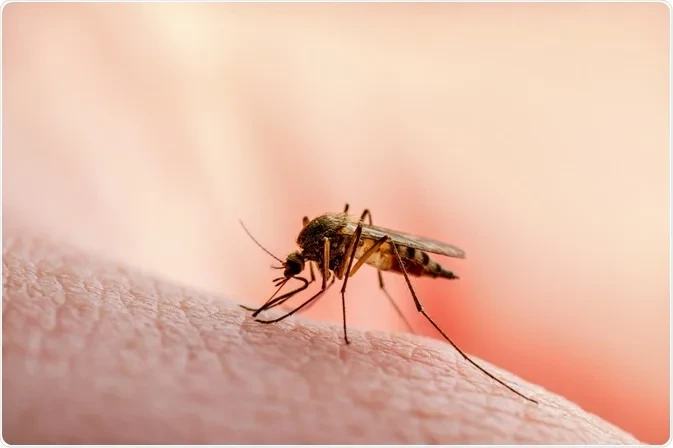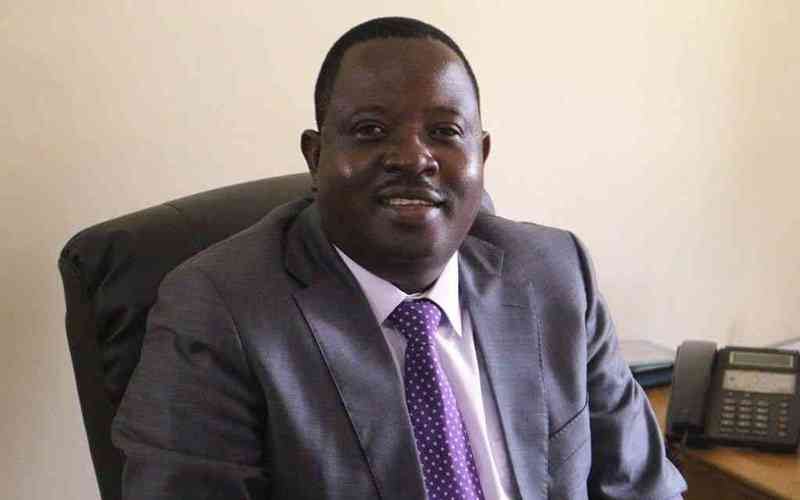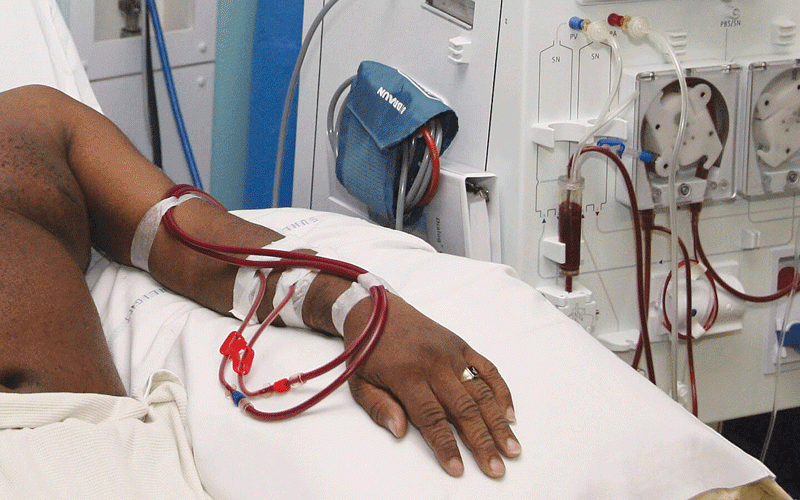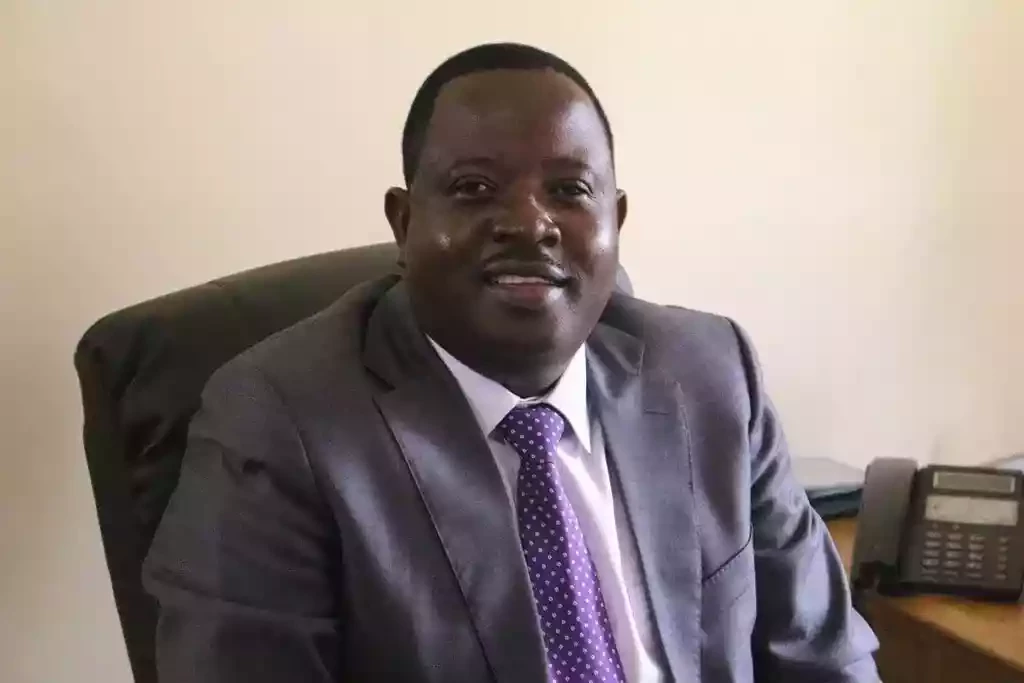
AT least 59 people have died from malaria, while 4 113 new cases have been recorded across the country, the Health and Child Care ministry has revealed.
“Of the cases reported, 546 were under the age of five. The provinces that reported the highest number of the cases were Mashonaland Central province (1 084) and Manicaland province (1 071). The accumulative figures for malaria cases are 32 432 and 59 deaths,” a report by the ministry read.
Malaria transmission is seasonal and unstable, causing sickness and death across all age groups. The epidemic occasionally occurs during warm and wet seasons, particularly in February, March and April.
Recently, the World Health Organisation urged Zimbabwe to remain committed to preventing malaria infections and deaths.
Health experts have predicted that the figures will continue to rise across the country if families delay getting treatment.
Zimbabwe Nurses Association president Enock Dongo said: “The issue of malaria is not only a government responsibility, but is everyone’s responsibility. Malaria is a disease that can be more easily prevented than treating it. The numbers that we are seeing are not good. People should be responsible and make sure that they close their windows before dusk. The Ministry of Health should go around spraying mosquitoes, because we had some issues where some households refused those people entry to spray. You can see that there is a lot that should be done by our people.
He said there was need for more awareness campaigns on the signs and symptoms of the disease.
Community Working Group on Health executive director Itai Rusike said: “As malaria continues to fight back and cause needless deaths, COVID-19 struck, complicating the efforts to end malaria. This disruption to malaria prevention and treatment will increase deaths from the disease and potentially lead to a surge in deaths in subsequent years. Children and pregnant women particularly remain at great risk.”
- Social commentary: Zim women face risks in giving life
- Bosso search for elusive away win
- Social commentary: Zim women face risks in giving life
- Women steal show at ZCN awards
Keep Reading

Rusike urged government to invest in malaria funding for education, prevention, diagnosis, treatment and research. “To achieve this, there is need for stronger political leadership, more funding and increased innovation. Community engagement, robust partnerships with the private sector, government, civil society, for mutual planning, execution and accountability,” he said.
In 2020, a total of 35 311 malaria cases and 25 deaths were reported.











